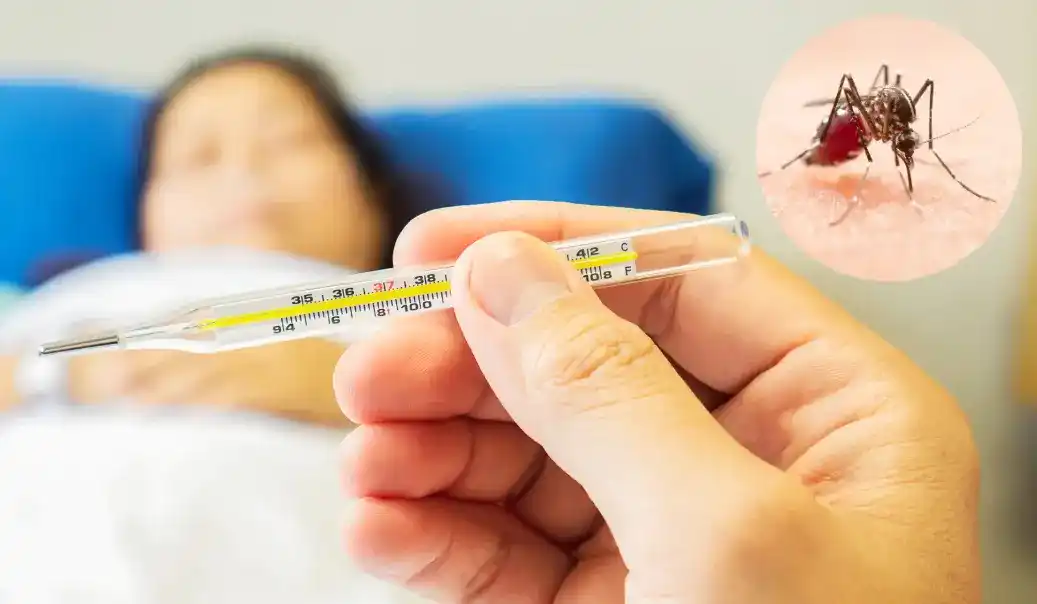Dengue fever, transmitted by the Aedes mosquito, is a viral infection that can cause severe flu-like symptoms and, in some cases, lead to serious complications. While there’s no specific antiviral treatment for dengue, many people turn to natural remedies to alleviate symptoms and support recovery. In this blog, we’ll explore some common natural remedies, discussing what works and what doesn’t.

Understanding Dengue Fever
Before diving into remedies, it’s important to recognize the symptoms of dengue, which include:
- High fever
- Severe headaches
- Pain behind the eyes
- Joint and muscle pain
- Skin rash
- Mild bleeding (nosebleeds or gum bleeding)
If you suspect dengue, it’s crucial to consult a healthcare professional for proper diagnosis and treatment. Natural remedies should complement, not replace, medical advice.
Effective Natural Remedies
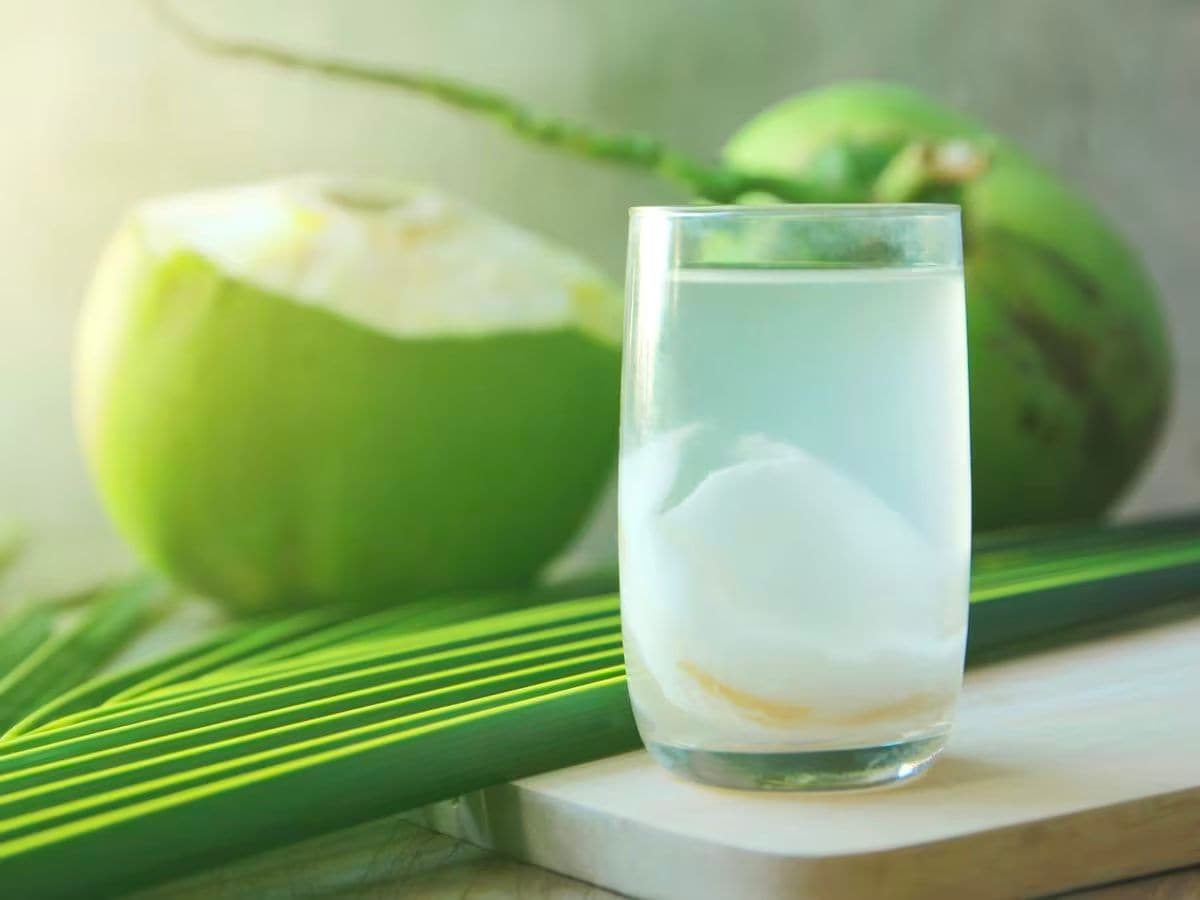
1. Hydration
What Works: Staying well-hydrated is crucial during a dengue infection. Drink plenty of fluids, including water, coconut water, and electrolyte solutions. Dehydration can worsen symptoms and lead to complications.
What Doesn’t: Relying solely on sugary or caffeinated beverages is not advisable, as they can lead to further dehydration.

2. Papaya Leaf Juice
What Works: Some studies suggest that papaya leaf juice may help increase platelet count in dengue patients. It contains compounds like flavonoids and alkaloids that may support recovery.
What Doesn’t: While some anecdotal evidence supports its use, more scientific research is needed to establish its efficacy. It should not replace conventional treatments.
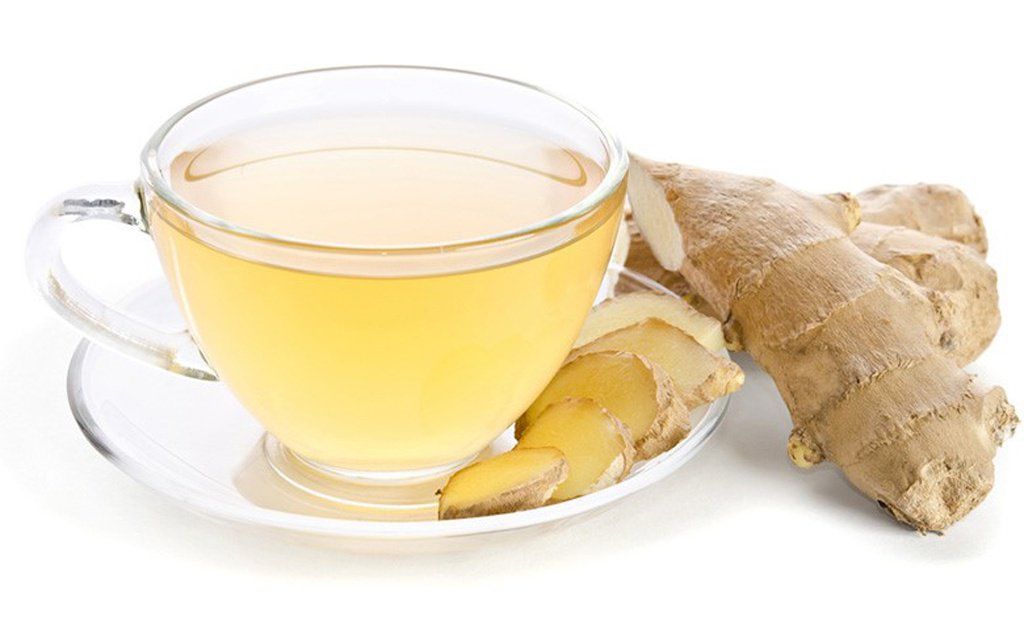
3. Ginger Tea
What Works: Ginger has anti-inflammatory properties and can help relieve nausea and reduce fever. Drinking ginger tea may provide comfort and help manage symptoms.
What Doesn’t: Ginger should not be used as a standalone treatment for dengue. If symptoms worsen, seek medical advice.

4. Turmeric
What Works: Turmeric contains curcumin, which has anti-inflammatory and antioxidant properties. It may help boost the immune system and reduce inflammation.
What Doesn’t: While turmeric can be beneficial, it’s not a cure for dengue and should be used as a complementary remedy.

5. Garlic
What Works: Garlic is known for its antiviral and antibacterial properties. Incorporating garlic into your diet may help support overall health during illness.
What Doesn’t: Garlic should not be relied upon as a primary treatment for dengue. It’s best used as part of a balanced diet.
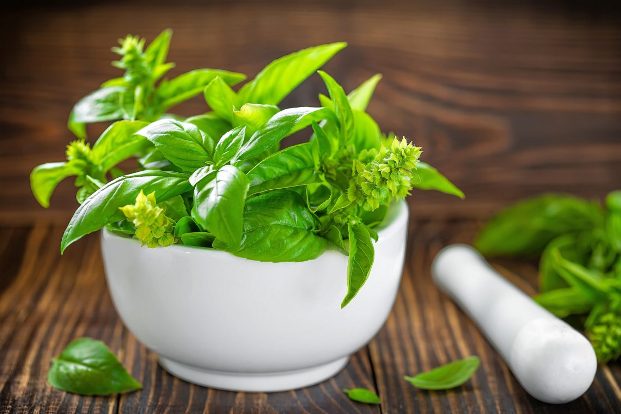
6. Herbal Infusions
What Works: Herbal teas, such as neem and tulsi (holy basil), may support the immune system and provide relief from symptoms. They have anti-inflammatory and antiviral properties.
What Doesn’t: While beneficial, herbal infusions are not substitutes for medical treatment. Always consult a healthcare provider before using herbs, especially if you’re on medication.
What to Avoid

- Aspirin and NSAIDs: Avoid using aspirin or non-steroidal anti-inflammatory drugs (NSAIDs) like ibuprofen, as they can increase the risk of bleeding in dengue patients.
- Unverified Remedies: Be cautious of unproven herbal supplements or treatments. Always research and consult professionals before trying new remedies.
- Ignoring Medical Care: Dengue can lead to serious complications. Do not rely solely on natural remedies; always seek medical attention for proper diagnosis and treatment.
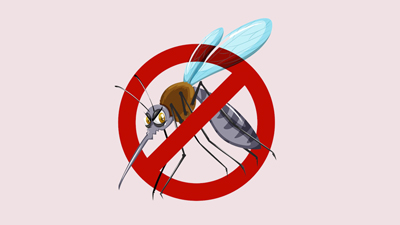
Conclusion
Natural remedies can play a supportive role in managing dengue fever symptoms, but they should never replace medical care. Staying hydrated, incorporating beneficial foods like ginger and turmeric, and using herbal infusions can help ease discomfort. However, it’s crucial to monitor symptoms closely and consult a healthcare professional if you suspect dengue. With the right approach, you can support your recovery while prioritizing your health and well-being. Stay safe and take care!

